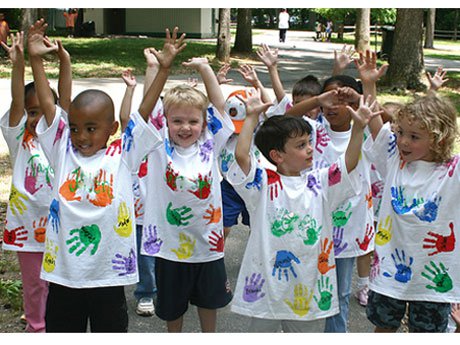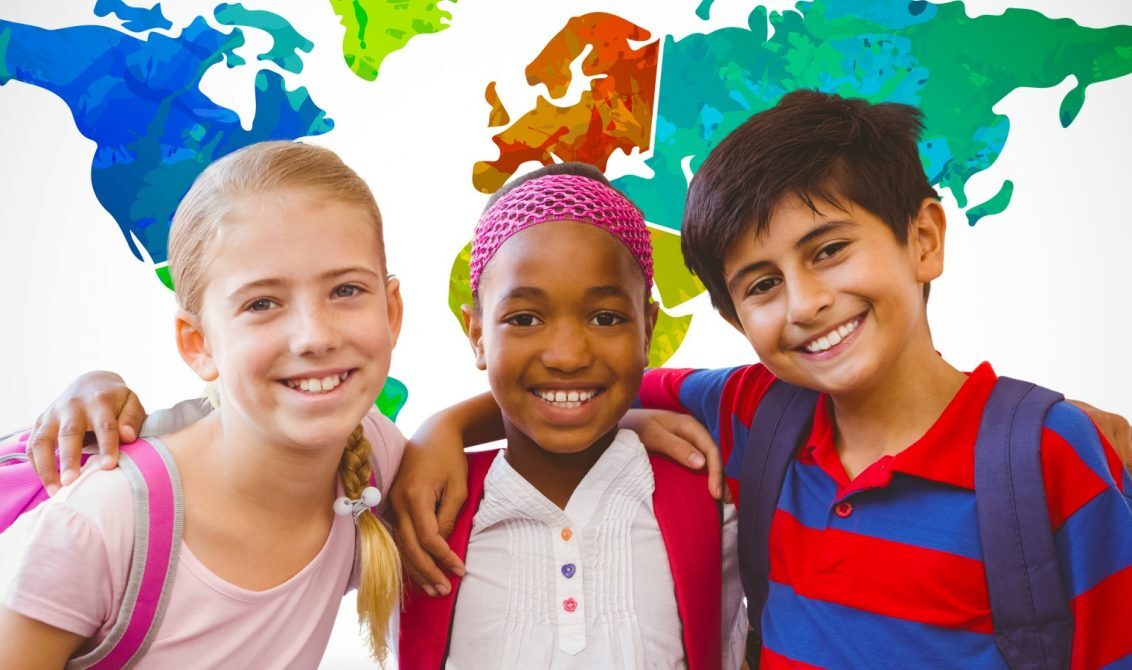Social equity and multicultural education are integral components of a comprehensive educational framework. This article explores the importance of promoting social justice, equity, and multicultural understanding in education, emphasizing their role in cultivating inclusive and empathetic individuals.

1. Creating Inclusive Learning Environments:
Social equity and multicultural education aim to create inclusive learning environments where every student feels valued and represented. By acknowledging and celebrating diversity, schools foster a sense of belonging for students from various cultural backgrounds.
2. Promoting Cultural Competence:
Multicultural education goes beyond cultural awareness; it emphasizes the development of cultural competence. Students gain the knowledge, skills, and attitudes necessary to interact effectively with people from diverse backgrounds, fostering mutual respect.
3. Addressing Stereotypes and Bias:

Social equity education tackles stereotypes and bias head-on. By incorporating diverse perspectives into the curriculum, educators can challenge preconceived notions and promote a more accurate understanding of different cultures, races, and identities.
4. Empowering Marginalized Voices:
Multicultural education strives to amplify the voices of historically marginalized groups. It provides a platform for diverse narratives, histories, and experiences, empowering students to recognize and challenge societal inequities.
5. Cultivating Empathy and Understanding:
Through the exploration of different cultures, social equity education fosters empathy and understanding. Students learn to appreciate the challenges faced by individuals from diverse backgrounds, contributing to a more compassionate and tolerant society.
6. Preventing Discrimination and Bullying:

A key goal of social equity education is to create environments free from discrimination and bullying. By fostering a culture of respect and acceptance, schools can actively work to eliminate harmful behaviors and promote positive social interactions.
7. Preparing Students for Global Citizenship:
In a globalized world, multicultural education prepares students to be informed and responsible global citizens. Exposure to diverse perspectives equips individuals to navigate an interconnected world with cultural sensitivity and open-mindedness.
8. Equitable Access to Educational Resources:
Social equity in education extends to ensuring all students have equitable access to resources and opportunities. Schools strive to address systemic disparities, providing support and resources to ensure every student can reach their full potential.

9. Fostering Inclusive Curriculum Design:
Multicultural education involves the intentional design of inclusive curricula that reflect the diversity of the student body. This includes diverse authors, historical narratives, and perspectives across various subjects.
Conclusion:
Social equity and multicultural education are essential pillars in building a just and inclusive society. By embracing these principles in education, we not only prepare students to navigate a diverse world but also contribute to the ongoing work of dismantling systemic inequalities. Through thoughtful curriculum design, inclusive environments, and a commitment to fostering understanding, schools become catalysts for positive social change, nurturing individuals who will advocate for equity and justice in all aspects of life.





